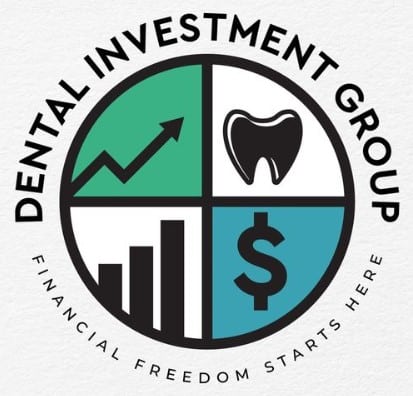Dental Investment Group Webinar: Navigating EBITDA, Valuations, and Market Trends

Selling a practice to a DSO is a personal decision and not suitable for all. It largely depends on the owner’s preference and how they want to manage their practice. An owner’s reason for selling (their “why”) should align with the right DSO partner to ensure a successful transaction. Listen as Brannon and Sunny discuss this ever-changing DSO market. See notes below video:
The COVID-19 pandemic initially increased difficulties in hiring for dental practices but ultimately led to a surge in transactions in 2020, primarily driven by interest rates.
Post-pandemic, the quick rebound of dentistry attracted even more private equity investment, leading to a significant increase in practice valuations. As the number of PE sponsors and DSOs grew, so did valuations for premier practices.
Fast-Forward 2 Years:
- Despite potential worries about banks reducing leverage, DSOs and private equity have continued to generate strong ROI.
- However, banks are now lending at lower multiples, requiring private equity investors to contribute more cash.
- DSOs lacking sufficient capital may struggle to grow due to the gap between the purchase price and the bank loan.
- The focus in the industry is shifting from rapid aggregation and selling to sustainability and operations.
Given the unsteadiness in the market – bad actors have risen:
- Some of these groups have been deceptive, promising high returns but failing to deliver, leading to disillusionment among practice owners.
- Breaking away from such groups can be complicated due to “tail coverage” clauses, which can entitle the group to a commission if the practice is sold to certain buyers.
- Many of these groups exploit practice owners with monthly fees, promising beneficial transactions that often do not materialize.
The “roll up” strategy is not appealing to private equity and DSOs, as they are in it for the short term.
Now, some educational information for context:
- EBITDA (Earnings Before Interest, Taxes, Depreciation, and Amortization) is a measure of a company’s profitability.
- For absentee owners, profit equals revenue minus overhead, accounting for non-recurring expenses and real overhead.
- When a DSO is sold to another investor, the proceeds are distributed among the investors and any doctors with equity in the DSO.
- DSOs typically offer a higher multiple when buying a practice compared to private buyers. This is because DSOs value practices based on a multiple of EBITDA, not revenue.
What is the current appetite for DSOs and Private Equity firms?
- The most demand is seen for practices with revenue between three million and seven million.
- Fit and alignment with the platform and team behind it are as important as the initial valuation when selling a practice.
- Smaller practices (one doctor, one associate, revenue of 1.5 to 2 million) can still get offers in the five to seven times EBITDA range.
What DSOs Do and Don’t Do:
- With a DSO, doctors are typically required to stay at the practice post-sale, unlike with private buyer.
- DSOs can help with recruiting and retaining associates.
- There is not much sensitivity around fee-for-service vs PPO practices in the DSO market.
- In a forced recap situation, equity may be safe but returns may be less than promised.
- Selling to a DSO typically requires a step back in personal income, but it allows substantial capital to be taken out of the practice.
It’s important to fully understand the valuation, cash flow, and other scenarios before deciding to take a practice to market.
